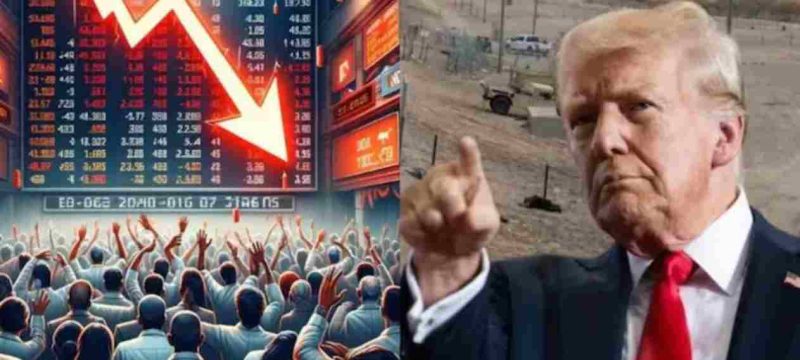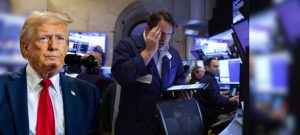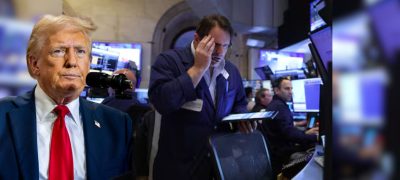J.P. Morgan has raised its global recession risk forecast to 60%, attributing this sharp increase to the escalating US-China trade war, which is undermining business confidence and threatening global economic growth. This marks a significant jump from the previous 40% estimate, as the new tariffs imposed by the Trump administration fuel concerns of an imminent economic slowdown.
The revision follows President Trump’s decision to impose tariffs on various countries, with China retaliating by imposing its own tariffs on US goods. The trade conflict has sparked global alarm, with market reactions pointing to a more pronounced economic deceleration.
Read more: Canada to Impose 25% Tariff on U.S. Vehicle Imports
In its latest analysis, J.P. Morgan identified the disruptive US trade policies as one of the most significant risks to the global economy this year. The firm warned that these policies, along with retaliatory tariffs, a decline in US business sentiment, and supply chain disruptions, could severely impact global markets and investor confidence.
Other financial institutions, such as S&P Global, Goldman Sachs, and HSBC, have also updated their recession forecasts. S&P Global has raised its US recession probability to 30-35%, while Goldman Sachs has increased its forecast to 35% from 20%. HSBC highlighted that recession concerns are gaining traction, with markets already pricing in a 40% chance of a recession by the year’s end.
The economic uncertainty is reflected in the stock market, with the S&P 500 index falling more than 8% since the beginning of the year due to the tariff announcements. Other major financial institutions, including Barclays, BofA Global Research, and Deutsche Bank, have revised their forecasts, warning of a potential US economic contraction if tariffs continue. Some analysts have predicted minimal growth, projecting a 0.1% to 1% increase for the year, while others have set pessimistic targets for the S&P 500.
Despite a brief market rally in November following Trump’s re-election victory, hopes for pro-business policies have been overshadowed by the impact of the new tariffs, prompting a reassessment of market expectations.





